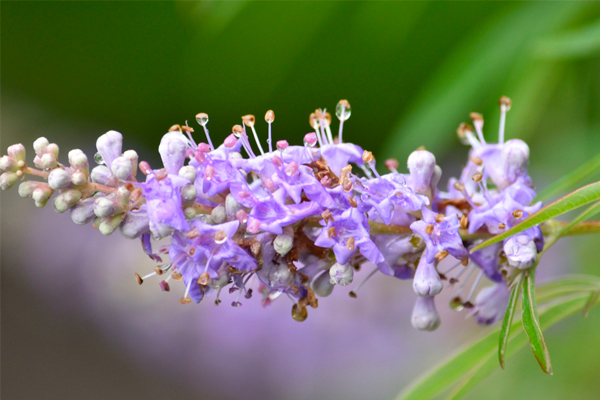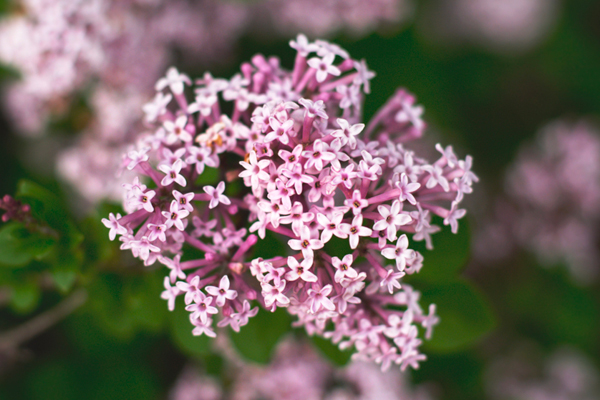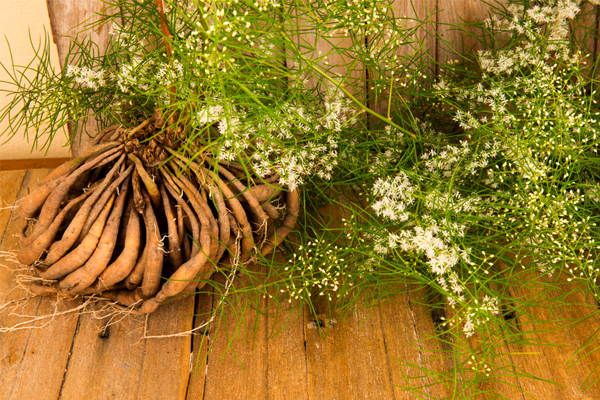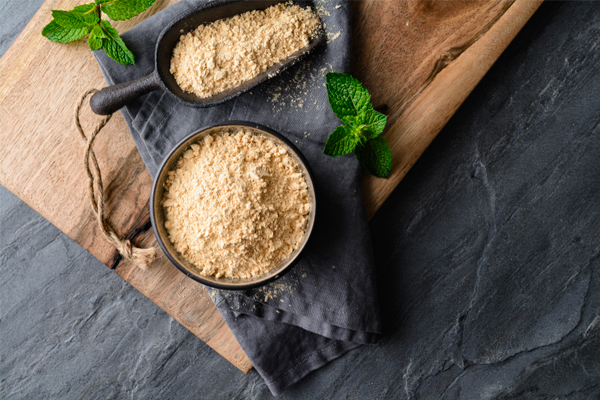Wellbeing in menopause, what does this mean and what does wellbeing mean to you?
Wellbeing is very personal, it means something different to all of us. The way you feel, both physically and mentally, is the very essence of life. For me it is all about feeling good, feeling happy but more importantly feeling comfortable and confident in my own skin!
The menopause brings with it a range of physical and psychological symptoms that can last for several years. Here are some of the most common symptoms:
Hot flushes
Sleep disturbances
Night sweats
Irregular periods
Mood swings, anxiety and/or depression
Memory loss
Panic attacks
Reduced concentration
Muscle and joint stiffness, aches and pains
Headaches
Weight gain
Sexual problems like decreased libido, vaginal dryness and relationship difficulties
Skin changes
Heart palpitations
We are all looking for natural ways to reduce the symptoms of menopause and with some dietary changes and other lifestyle changes, menopause becomes much more manageable. Menopause is a natural part of life but accepting the changes and discovering you are not alone is a good place to start.
There are many natural supplements and remedies available to us in today’s world, but do we know what we actually need? Which vitamins and minerals do we need during menopause? There is so much information out there about what supplements are best, what we should avoid, it can be hard to keep up!
So here is my list of the essential vitamins and minerals which are known to be especially important for menopausal women:
These important vitamins play a key role in maintaining a positive mood and reducing the levels of stress during hormonal changes. They are also ideal for menopause fatigue. B6 helps to make mood-soothing serotonin which is needed for our mood swings and even depression. B9 has been shown to help with hot flushes. B12 is very important for bone density and for cognitive health in post-menopausal women.
So important for the immune system as a whole but even more so during menopause. Levels of collagen decline by 30% in the first five years of menopause, which leads to ageing of the skin, bone loss and vaginal thinning. Vitamin C plays a very important role in the production of collagen which keeps our skin supple and firm, helps make the connective tissue for our joints and tendons. Many women suffer with itchy skin during menopause, Vitamin C helps keep histamine under control. For women in perimenopause, Vitamin C is vital for the absorption of iron which is an essential mineral for all women.
Deficiency in this important vitamin is quite common as we need the sun to manufacture it. Oestrogen helps to protect our bones and with the decline of this hormone during menopause our bone tissue breaks down. Vitamin D is needed to ward off the bone disease osteoporosis. Calcium works in conjunction with Vitamin D which helps to regulate the movement of calcium in and out of our bones. We need calcium to maintain healthy bone mass.
This vitamin has an anti-clogging effect on the blood is it is particularly helpful for heart health. With the decline in oestrogen during menopause, the risk of heart disease increases. Vitamin E is a powerful antioxidant. Research has also shown that vitamin E can help with hot flushes, it is also helps with dry skin when applied topically.
This is my top nutrient! Magnesium is involved in over 300 chemical processes in the body, it helps with sleep, energy, bone health, mood, muscle relaxation, anxiety and so much more. During perimenopause, magnesium can help ease cramps whilst in post menopause it is shown to improve bone density and therefore reduces the risk of osteoporosis.
A high-strength Omega 3 fish oil is known to be one of the best supplements for menopause joint pain. The EPA and DHA in Omega 3 helps with joint pain due to anti-inflammatory properties.
This is another important mineral. Low levels of zinc can affect your immunity and it can cause hair loss. Zinc is really important for growth, maintenance and the production and balance of hormones. Zinc has also been linked to improve mood.
So, we have covered the vitamins and minerals which I think are vital for everyone going through the menopause. Most vitamins and minerals can be obtained from the food we eat on a daily basis, this is something I always encourage, however every now and then we all need a helping hand!
Moving onto herbal remedies which have been around for generations. There are many herbal supplements on the market today which can help with symptoms of the menopause, from hot flushes to balancing of hormones, to anxiety and insomnia. You must remember, if you are taking HRT, you must ask your GP for advice before taking any herbal remedy or supplement. Here are some of my recommendations:

Agnus Castus
This traditional herb works as an adaptogen to balance hormones and can be used in peri menopause for cramps, breast tenderness, bloating, irritability and mood swings.

Sage
This herb is part of the mint family and has been used for generations to relieve several menopausal symptoms, including night sweats, hot flushes and mood swings. Sage has high levels of antioxidants and anti-inflammatory properties.

Valerian
This root has health benefits that include treating anxiety, headaches, stress and insomnia. It is used by women entering the menopause due to its ability to reduce hot flushes and improve sleep. Research shows that valerian can help people fall asleep more quickly, improve the quality of sleep, and increase the amount of nightly sleep.

Shatavari
Is a natural hormone balancing herb extract, it is a species of asparagus. Shatavari can be used to treat menopausal symptoms, including night sweats, hot flushes and mood swings. It is also good for anxiety, fatigue, memory lapses and sleeping problems. The rich phytoestrogen effect of shatavari can have many beneficial advantages to women on their menopause journey.

Ashwagandha
Also known as “Indian ginseng”, this herb has been shown to promote the reduction of stress hormones such as cortisol, normalize thyroid hormones and support poor sleep. It is a powerful anti-inflammatory, enhances memory and cognitive function and increases concentration.

Maca Powder
This Peruvian plant has gained much popularity over the years, it enhances memory and brain functionality, alleviates symptoms of the menopause, in particular hot flushes and disrupted sleep, increases libido, and boosts energy levels. It is commonly available in powder form or as a supplement. Maca root powder is very nutritious and is a great source of several important vitamins and minerals.
Many women choose not to have hormone replacement therapy and instead seek relief from alternative sources. Lucky for us ladies, there is an array of natural remedies available today to help us cope and it is all about personal choice. You should explore life-style changes which will improve your general health and well-being overall and explore the long-term implications of the menopause.
Whatever path you choose, always discuss with your GP before taking any alternative medicines or supplements. Some dietary supplements may interact with medications or other dietary supplements so speaking to your GP will give them a clear picture of what you are doing to manage your health and stay safe.
When we reach this point in life we all want to love being there but for many of us that journey is not easy. As well as the advice I have given in this page you should have your own list of well being tips, this is mine.
Make time for yourself.
Accept the changes.
Remember you are what you eat.
Exercise regularly, it gives you a sense of control, but enjoy it.
Laugh and smile a lot.
Don't stress the small things.
Stay in the moment.
